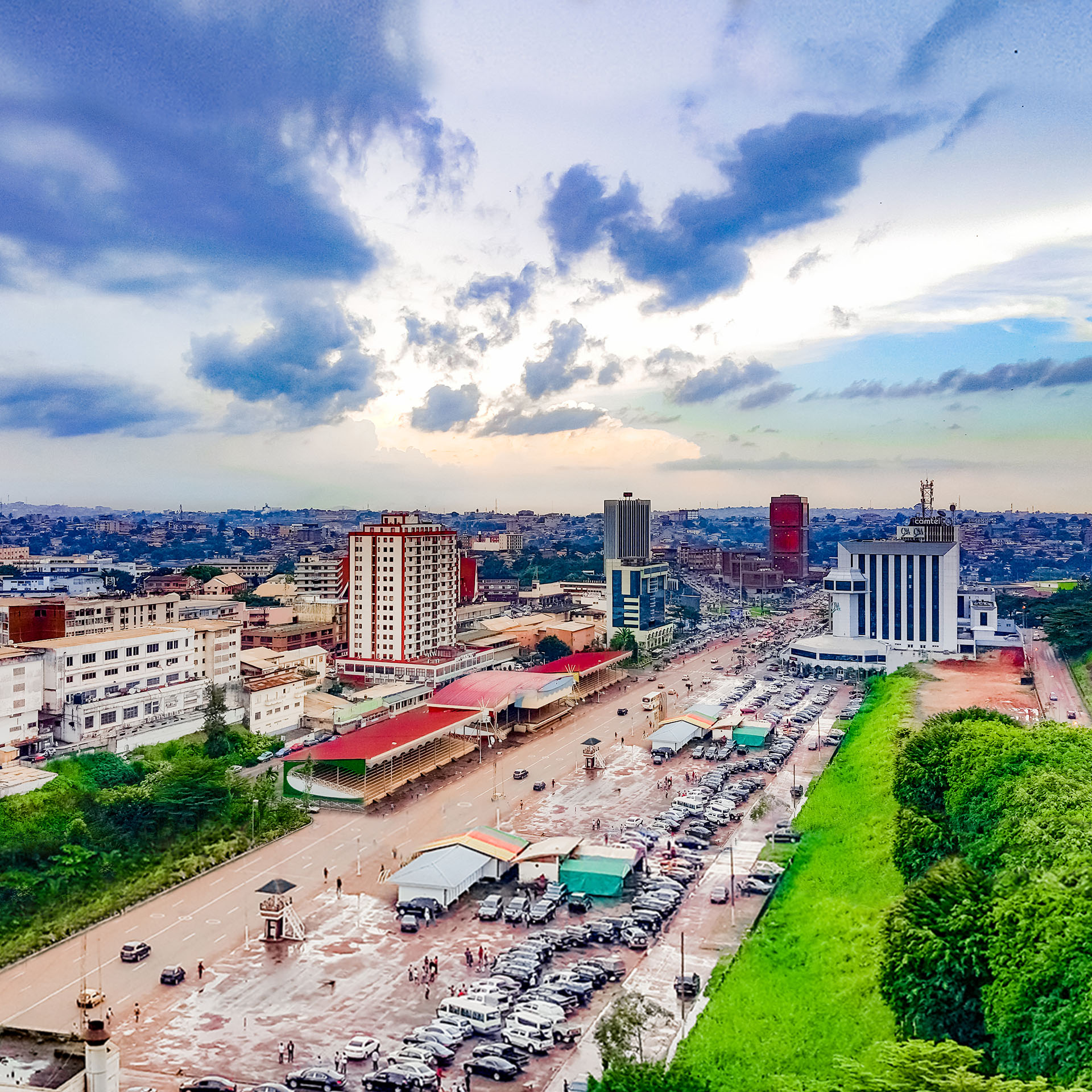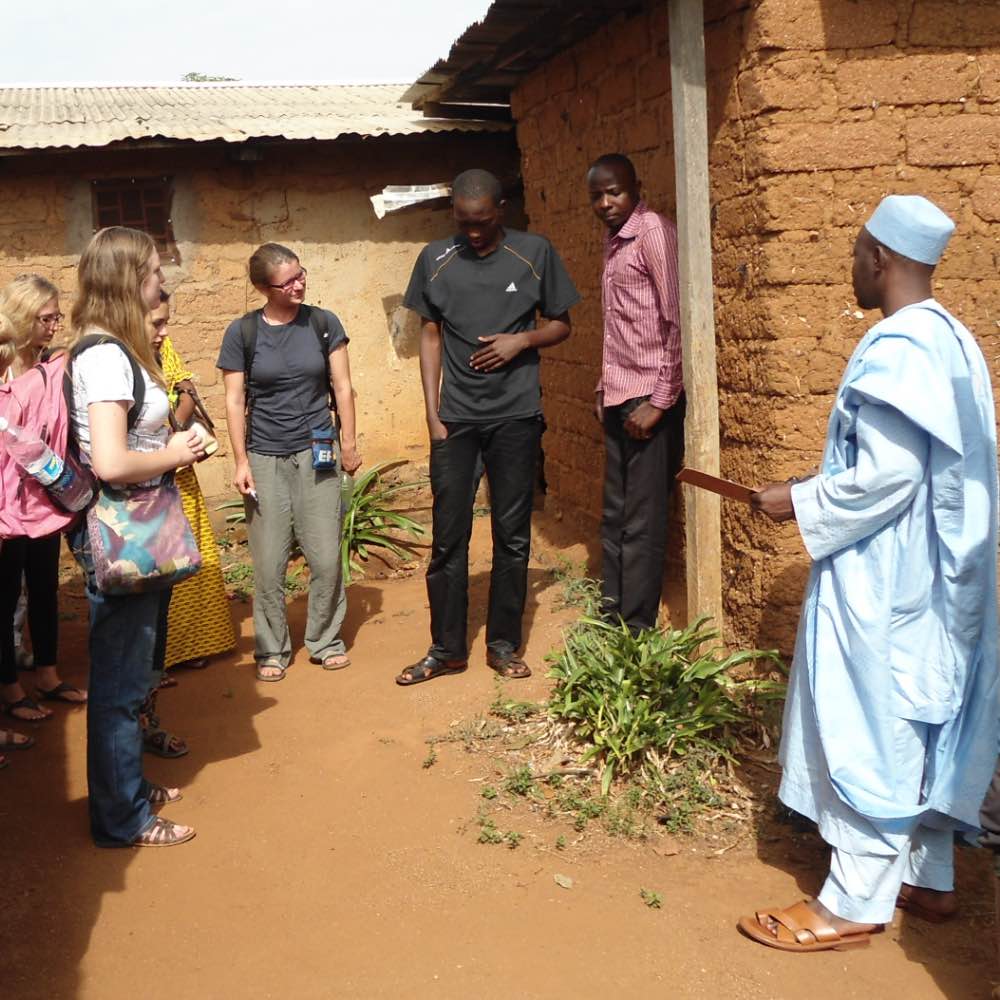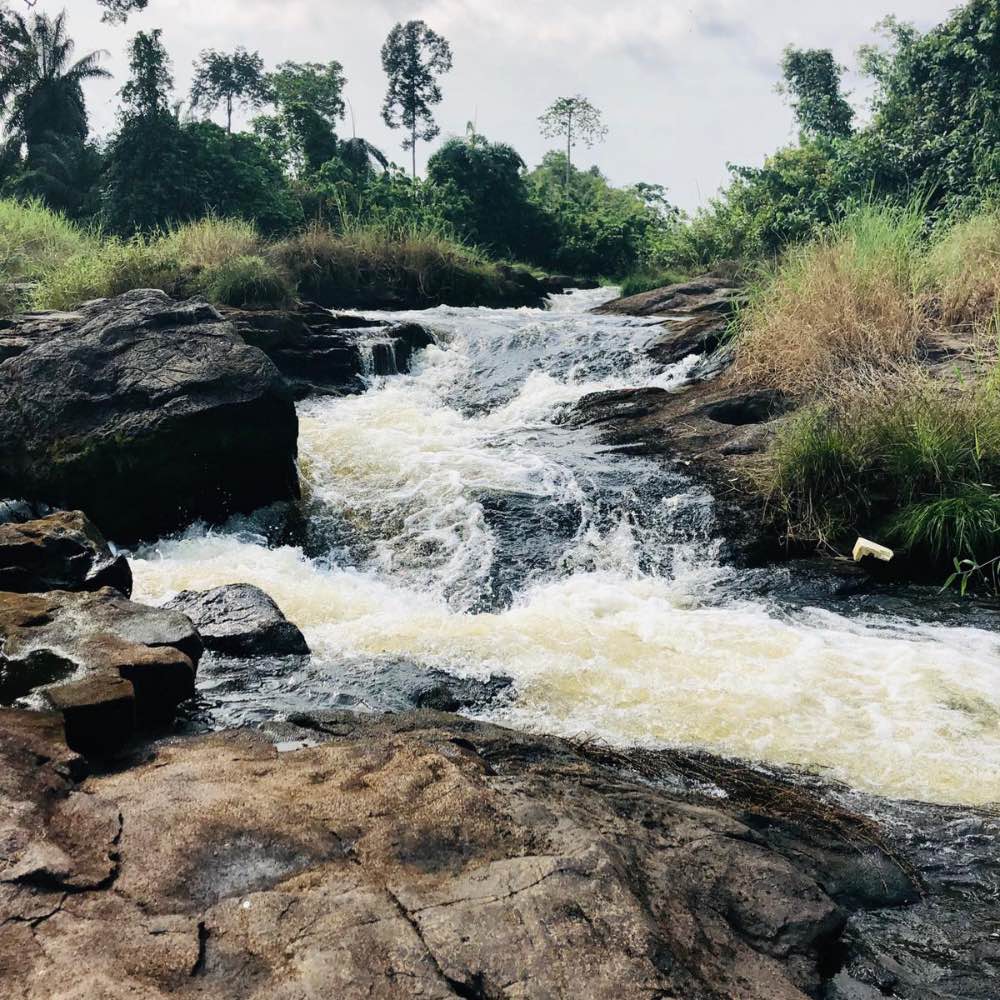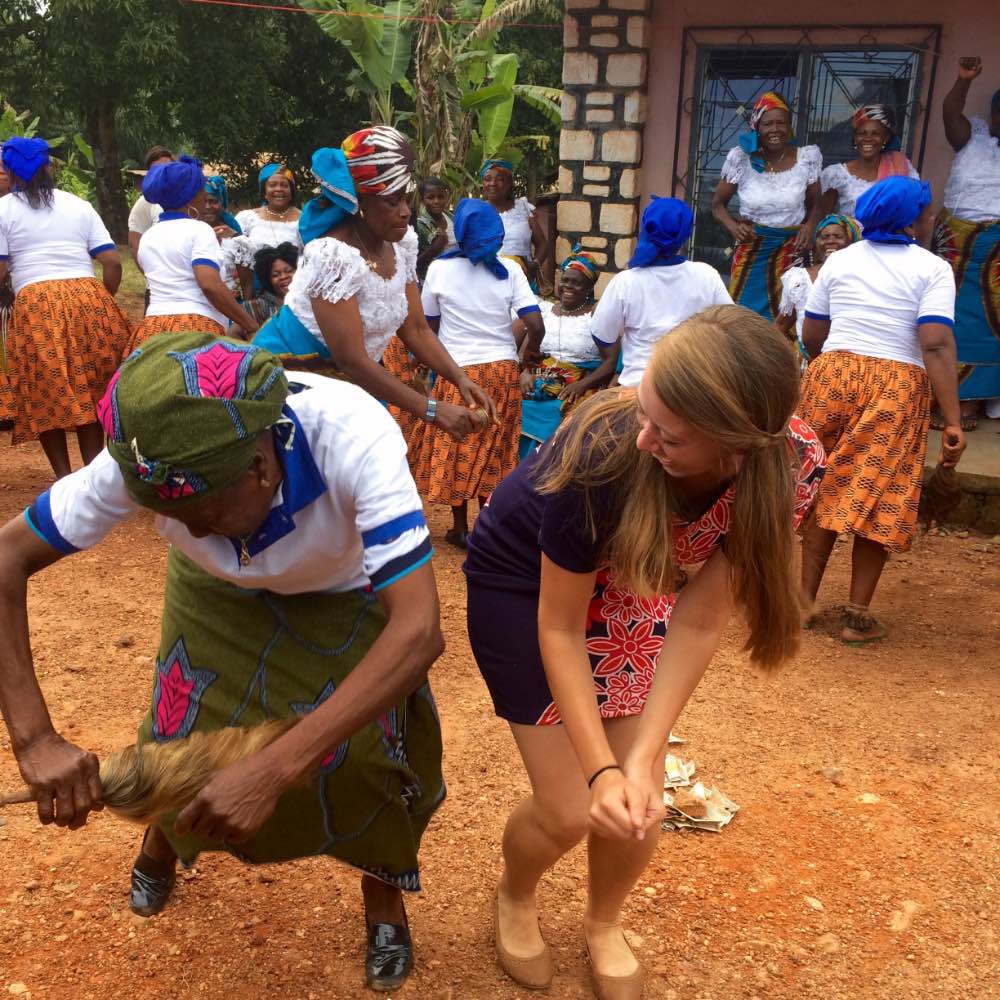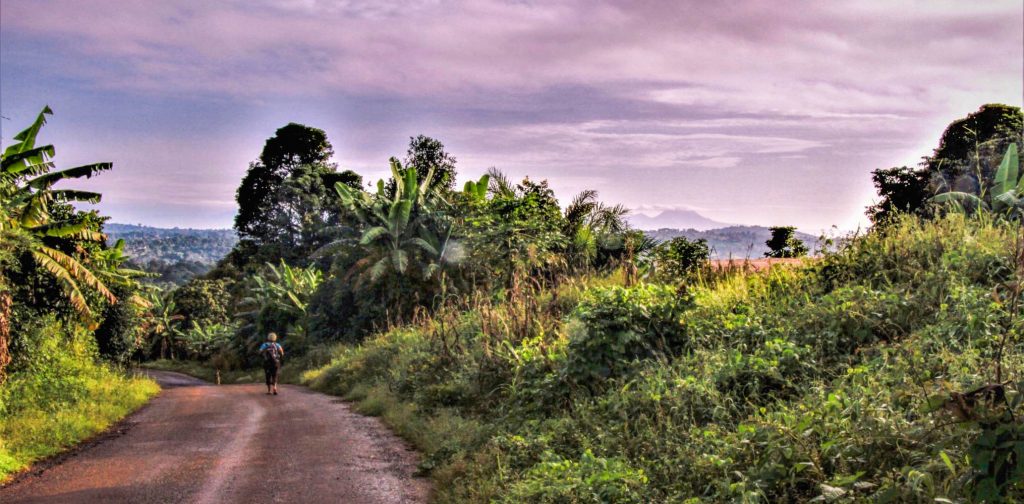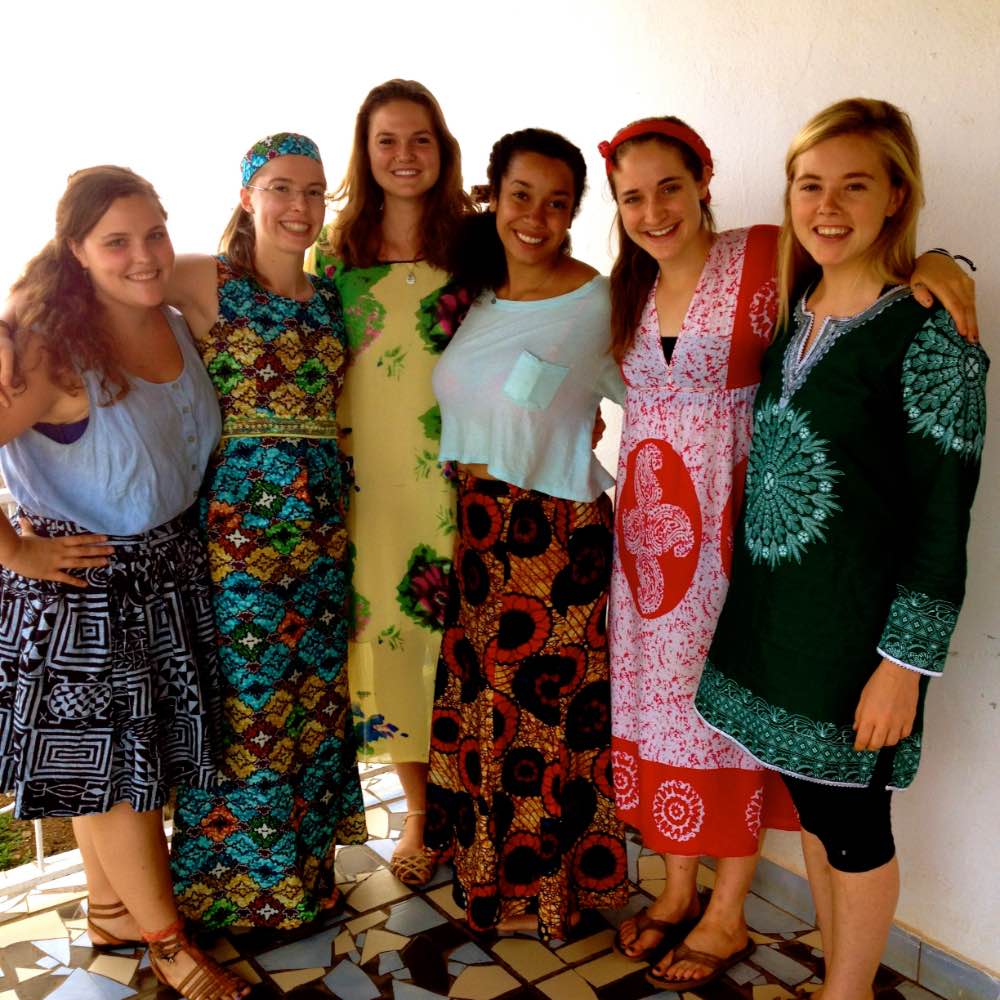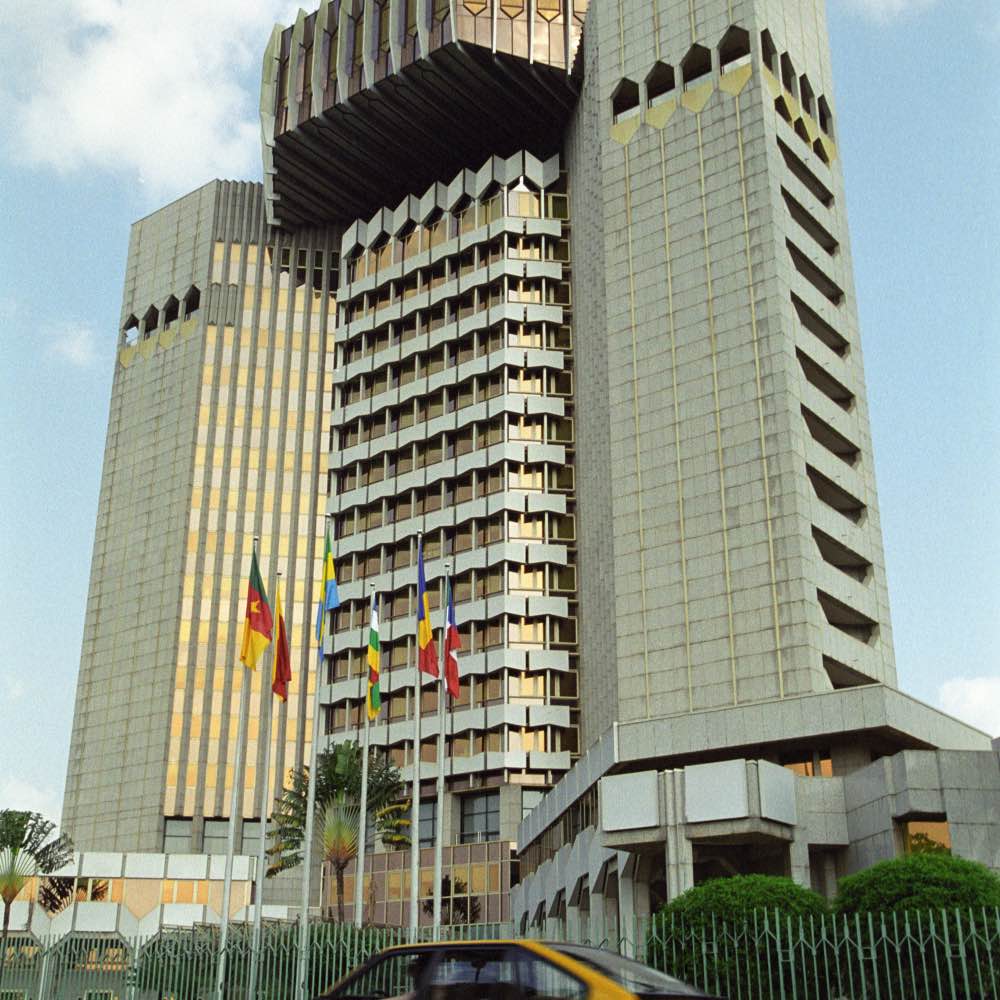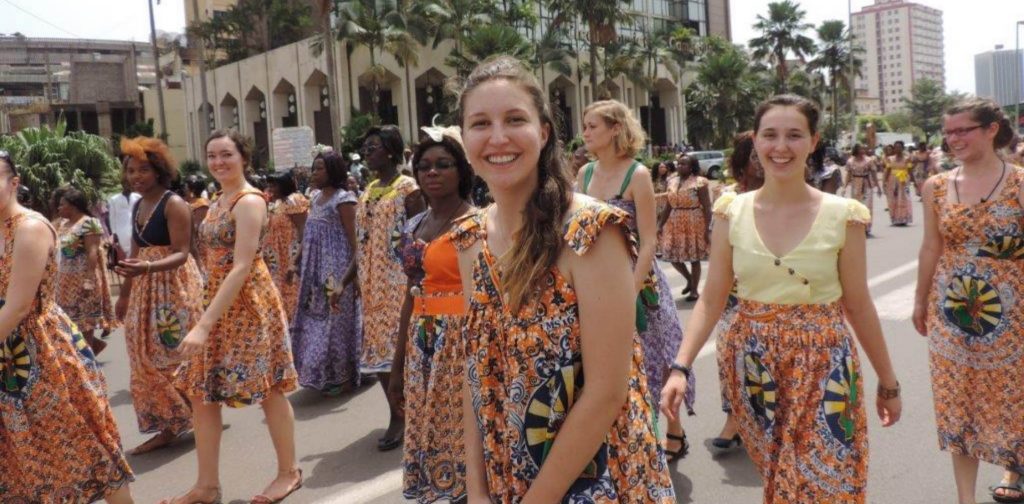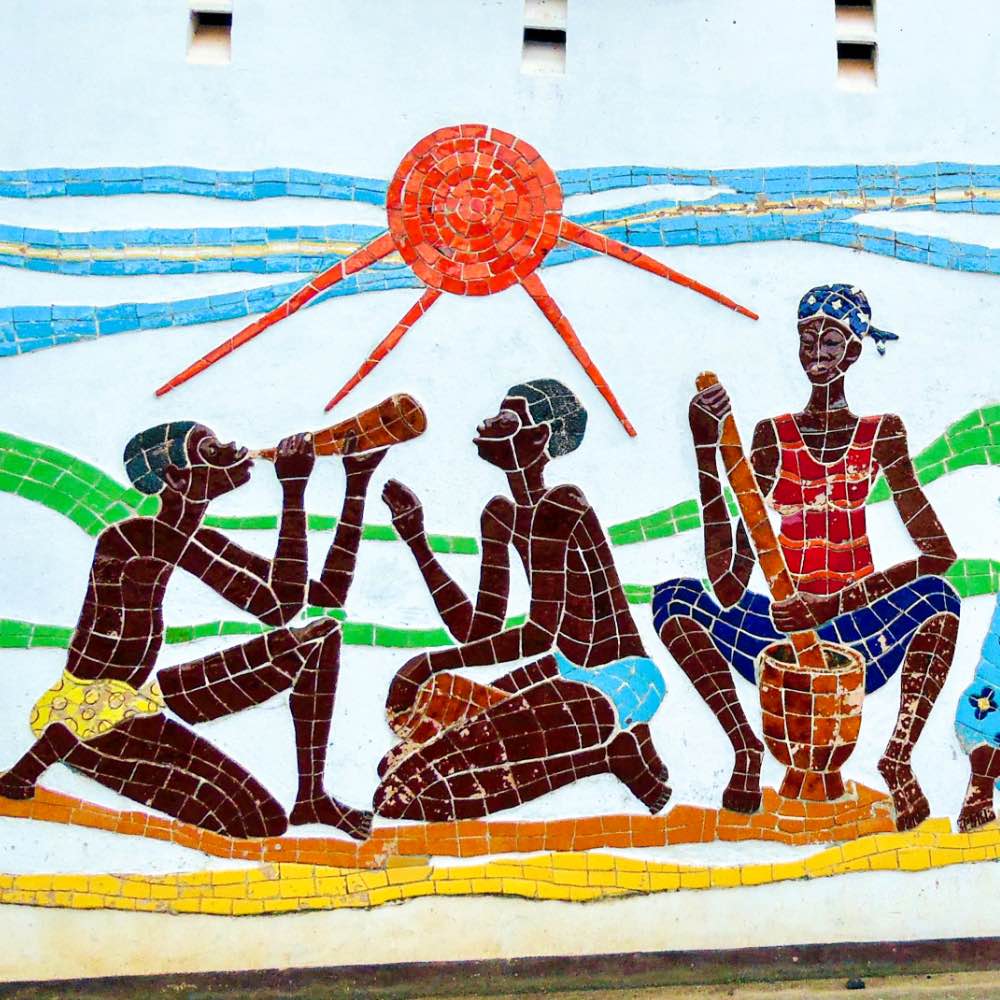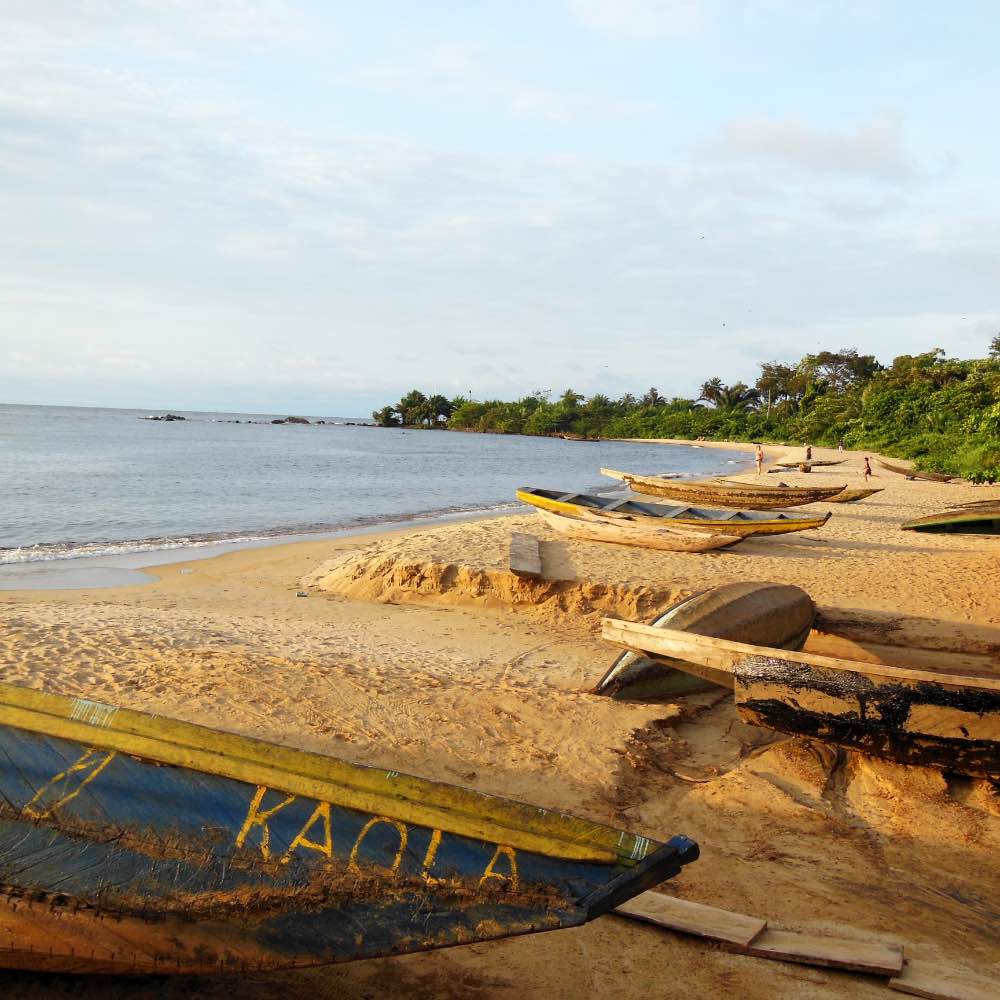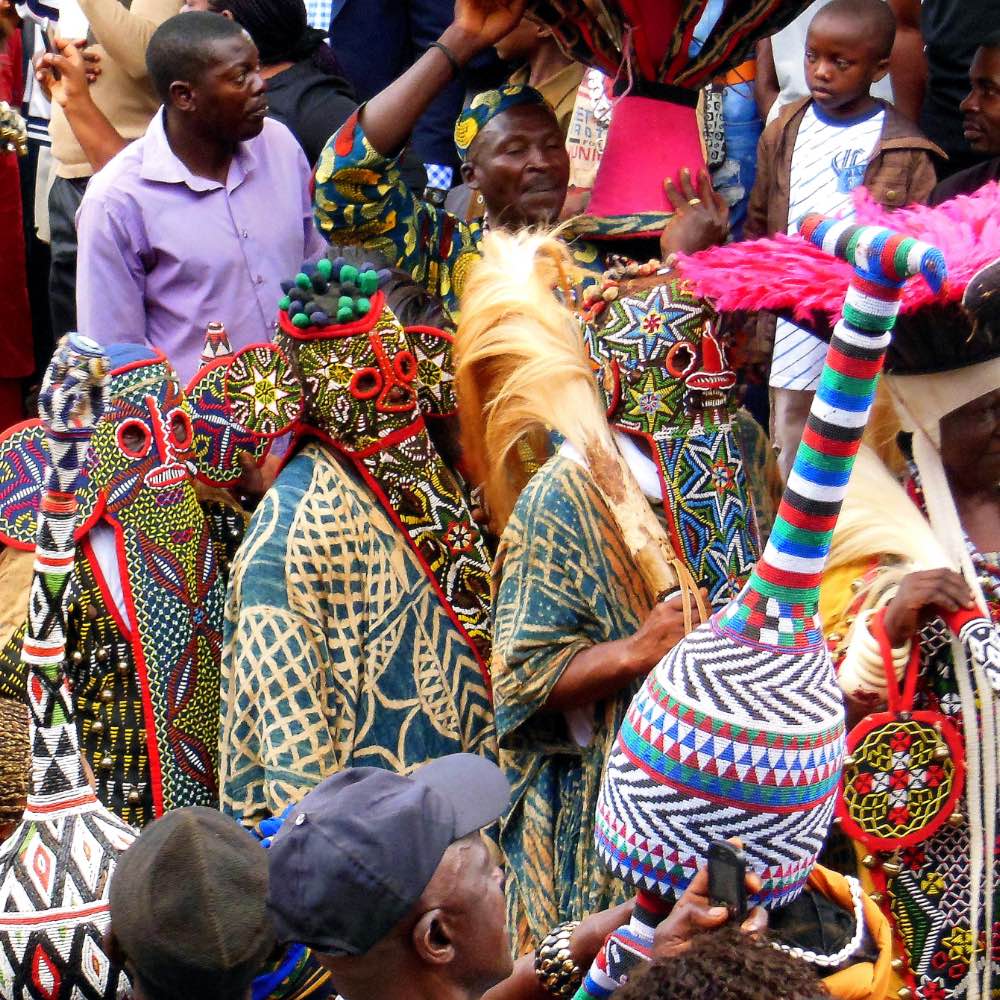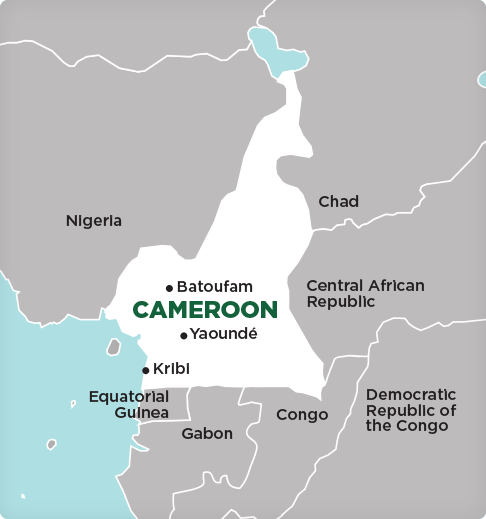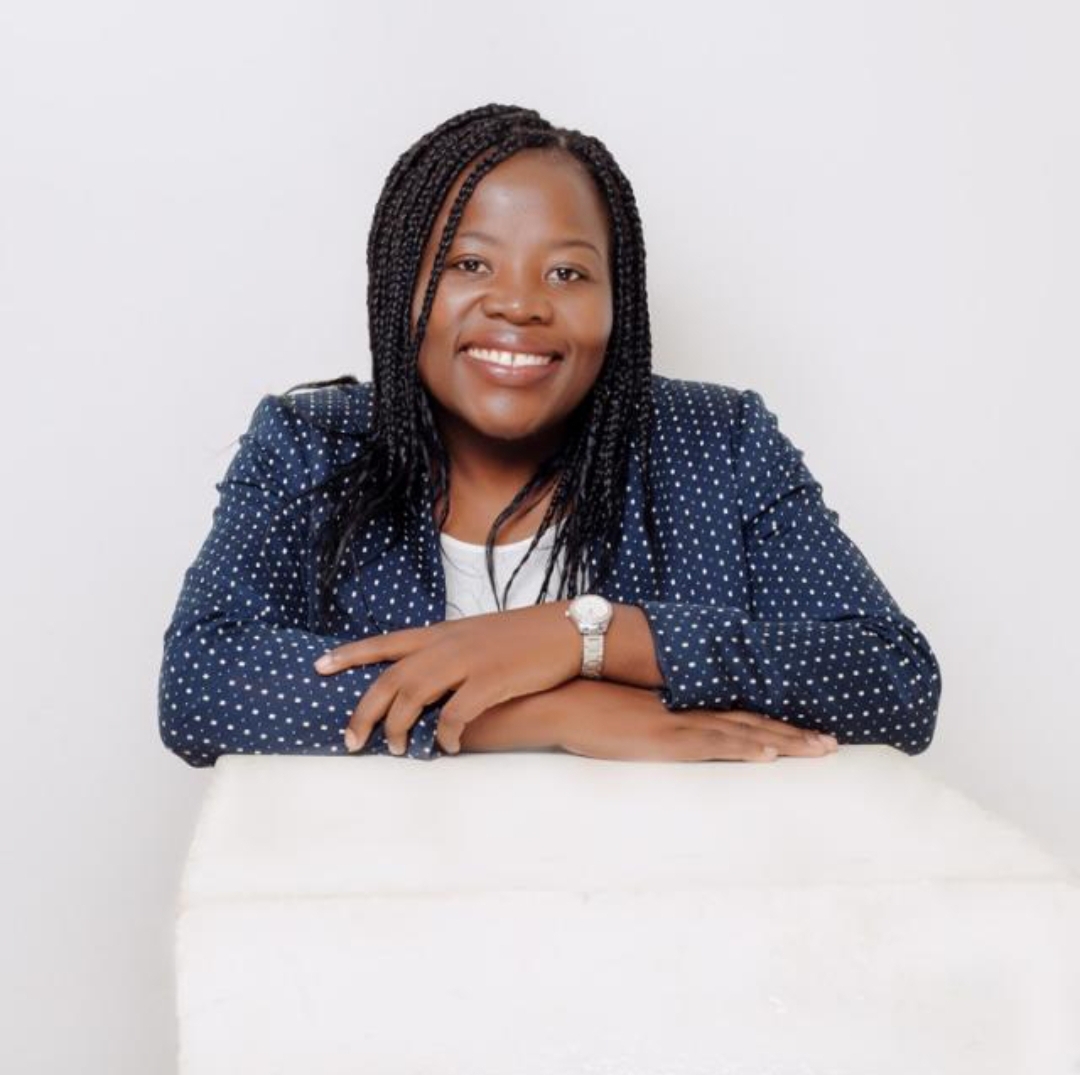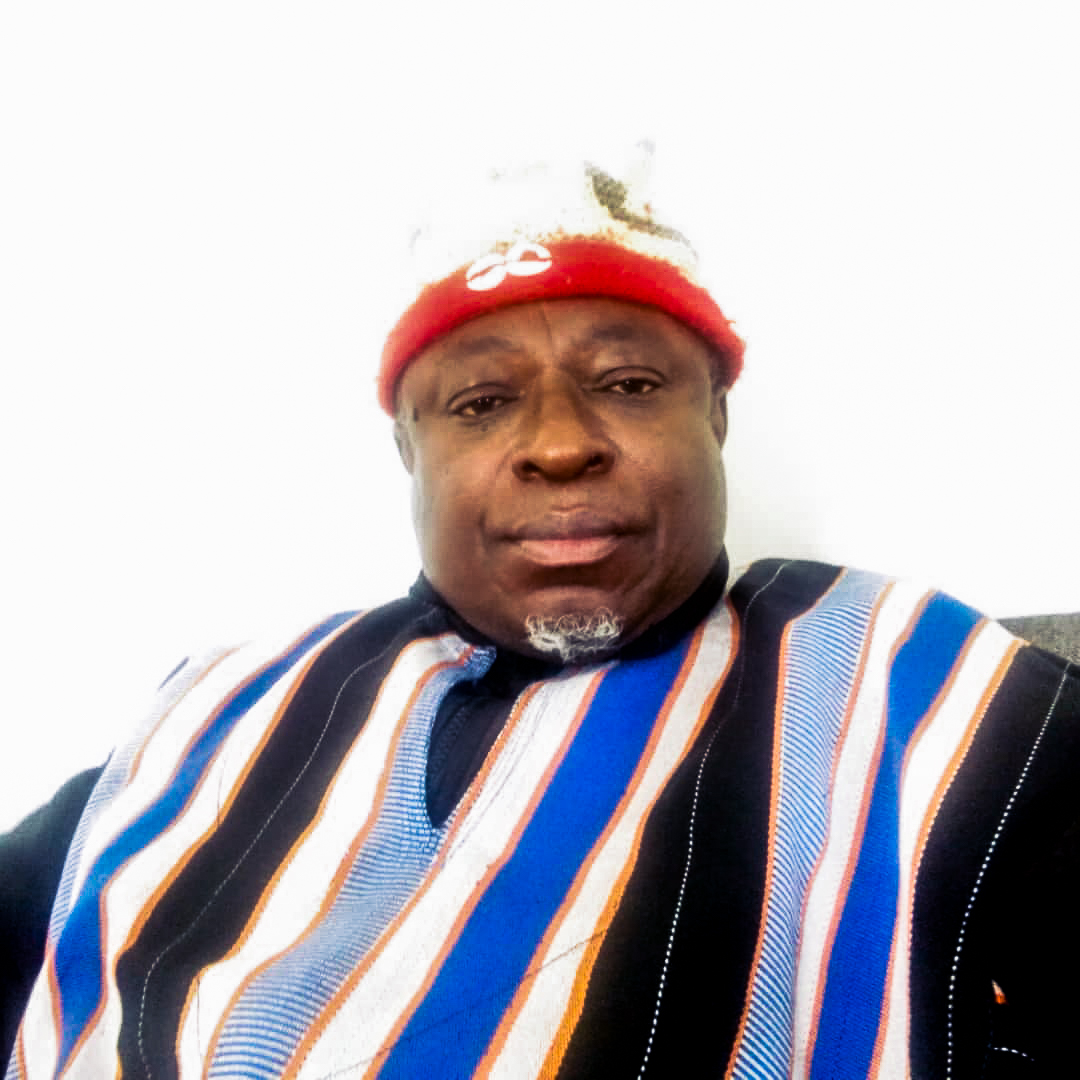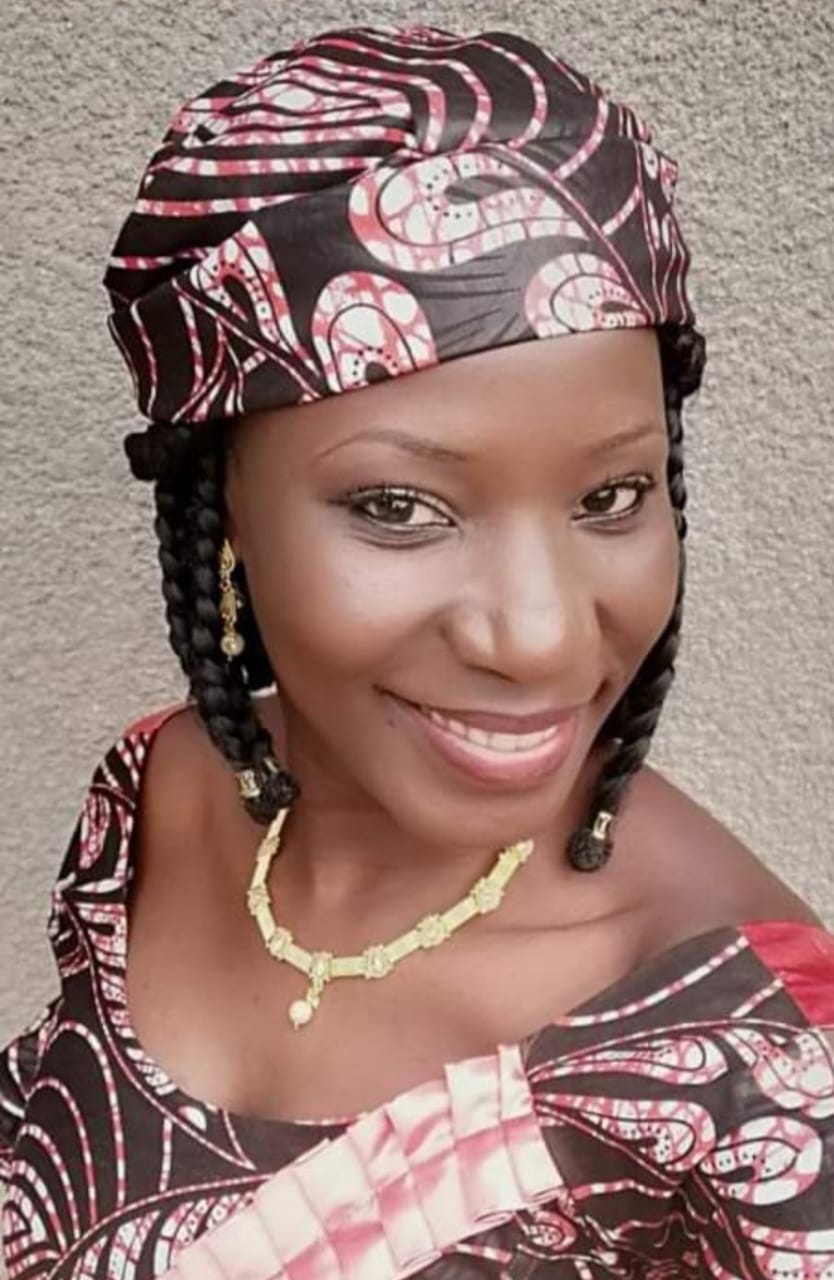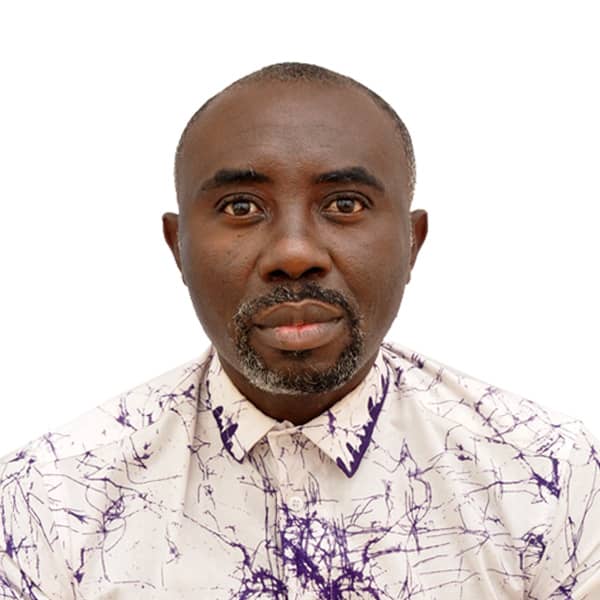PLEASE READ THE FOLLOWING INFORMATION ON COURSE PATHWAYS
- ALL students will enroll in the following courses:
- Intersectionality in African Contexts
- Decolonizing Development from African Perspectives
- Beginning French: French in Cameroonian Contexts
- Research Methods and Ethics
- Students choose EITHER Internship and Seminar or Independent Study Project.
Intersectionality in African Contexts
Intersectionality in African Contexts – syllabus
(SOCI3000 / 3 credits)
This course will encourage students to analyze how Cameroon’s colonial legacy (shaped by both French and English influences) affects contemporary social structures, exploring the intersections of ethnicity, age, religion, physical ability, gender, race, class, and sexuality in this complex African context. With over 250 local languages and strong patriarchal norms, special attention will be paid to women’s experiences across different social contexts, from urban centers to rural communities. The course critically examines how various forms of marginalization and privilege intersect, particularly in relation to family law, gender roles, religious freedom, LGBTQ+ rights, and disability access.
The course combines theoretical frameworks with practical field experiences, including excursions to Batoufam and Northern Cameroon. Through thematic seminars on women, sexuality, ethnicity, religious diversity, disability, and culture, students will gain insights into the dominant and varied within-group differences in identities and societal dynamics, exploring how intersectional understanding can translate into meaningful social change.
Decolonizing Development from African Perspectives
Decolonizing Development from African Perspectives – syllabus
(SDIS3000 / 3 credits)
Cameroon, also known as “Africa in miniature” and more recently as “Le continent,” provides the ideal setting for students to explore hierarchies of power and the challenges of decolonizing development in Africa. This course centers a variety of African philosophies including concepts such as Ubuntu, which emphasizes mutual respect and human dignity, the program interrogates dominant development paradigms through the lens of Afrocentric epistemologies. Students engage with theories about development and de/coloniality, the role of global capital in perpetuating patterns of dominance and learn about the relevance of Cameroon’s current development agenda from academics and policy makers.
Through case studies and site visits in Yaounde and Kribi, students will engage with NGOs and the local community to explore African based development practices, including language and cultural orientation. During the experiential visit with the Bagyeli people, an Indigenous group in the South of Cameroon, students see first-hand impacts of large-scale development projects, such as the Chad-Cameroon pipeline, on Indigenous communities. Through an ethical engagement with the Bagyeli community, students learn about sustainable use of forest resources, Indigenous health practices, and the resilience of a vulnerable community confronted with a development industry whose power base is global capital.
Beginning French: French in Cameroonian Contexts
Beginning French: French in Cameroonian Contexts – syllabus
(FREN1003-1503 / 3 credits)
This intensive course is designed to prepare students with little or no previous instruction in French to confidently use the language in daily communications in Cameroon. Another major aim of the course is to facilitate access to the Cameroonian host culture, particularly in the urban homestay. The course emphasizes the development of speaking and comprehension competencies. Cultural context is built into the course and introduced through audiovisual materials and experiential activities accompanying the text.
Research Methods and Ethics
Research Methods and Ethics – syllabus
(ANTH3500 / 3 credits)
Taught in English, the Research Methods and Ethics course provides students with the essential tools required to conduct an independent study or internship in either the public health or social research domains in Cameroon. Material includes cross-cultural adaptation and skills building; project selection and refinement; appropriate methodologies; field study ethics and the World Learning/SIT Human Subjects Review Policy; developing contacts and finding resources; developing skills in observation and interviewing; gathering, organizing, and communicating data; and maintaining a field journal.
Students will enroll in one of the following courses: Internship and Seminar or Independent Study Project.
Internship and Seminar
Internship and Seminar – syllabus
(ITRN3000 / 4 credits)
International development became firmly established as a field of study and practice with an extensive apparatus that spans international borders, driven by an agenda of closing the global wealth gap at the onset of decolonization. Compared to most countries in the region, Cameroon has, since independence, had relative political stability, which has permitted investments in agriculture, transport infrastructure, petroleum, and timber. In this sense, Cameroon provides an excellent setting in which to study mainstream development at play and the transitions that occur as society gets increasingly integrated into modern lifestyles. This internship experience is intended to place students in organizations at the center of this transition, as a way to enable them to appreciate the drivers and goals of mainstream development practice and how they have been structured. Internship and coursework will be completed in English.
Sample internships:
- Assisting efforts to end hunger, poverty, and socioeconomic injustice; protect the environment; and support indigenous rights at RELUFA, a nonpartisan national network of secular nonprofit organizations and mainstream churches from all regions of Cameroon
- Interning with Cameroonian feminist NGO Sourires de Femmes (SDF), run by young women and girls fighting to protect and promote the rights of vulnerable women and girls in Cameroon. Their work mainly centers around two issues: gender-based violence (GBV) and sexual/reproductive health.
- Working with Women’s Promotion and Assistance Association to eradicate illiteracy, prostitution, child abuse, poverty, and human trafficking
- Advocating for farmers and other Cameroonians at Citizens Association for the Defense of Collective Interests, a well-known and respected organization that works to change unfair laws and corruption across all of Cameroon
- Working with Association des Acteurs de Développement (ADEV), a platform for training, investigation, consultation, and expression, leading to concrete actions in favor of sustainable development for social change. ADEV’s mission can be succinctly summarized by the phrase, “Stop talking, start acting,” reflecting ADEV’s mission to raise awareness and increase the capacity of youth and women to engage in public and political life.
- Assisting in projects such as agricultural investment, women’s entrepreneurial classes, and a girls’ soccer program at Breaking Ground, an organization founded by a former SIT student and her classmates on the principle that a community project can only effectively address the needs of a population if it is conceived, planned, and implemented by the community for whom it is intended
- Learn about the ongoing Central African refugee crisis in Cameroon’s Eastern Region while interning with Respect, which stands for Refugee Education Sponsorship Programme Enhancing the Community Together, which focuses on increasing higher education opportunities for refugees.
OR
Independent Study Project
Independent Study Project – syllabus
(ISPR3000 / 4 credits)
Conducted in Yaoundé or in another approved location appropriate to the project in Cameroon. Sample ISP topics: political opinions among Cameroonian youth; Chinese and American development efforts and perceptions in Cameroon; gender roles and standards of beauty in Cameroon; traditional and modern healing: people’s preferences; usages and practices of bilingualism in Cameroonian schools; influences of Westernization on the Bikutsi style of music; oral history of the Bamiléké people; land grabbing and its local impacts; microfinance and women’s empowerment. Coursework and final project completed will be in English.
Sample ISP topics:
- The effect of the Anglophone crisis on access to education, employment, social amenities, and more
- The role of language in shaping identity in Cameroon
- Gender-based violence and its effect on society
- Gender roles, rights, and standards of beauty in Cameroon
- Exploring the lives of Indigenous groups in Cameroon – Baka and Bagyeli
- Neo-colonialism, liberalism, authoritarianism in promoting coloniality in different sectors
- Sustainability in agricultural practices in Cameroon
Browse this program’s Independent Study Projects / undergraduate research.


